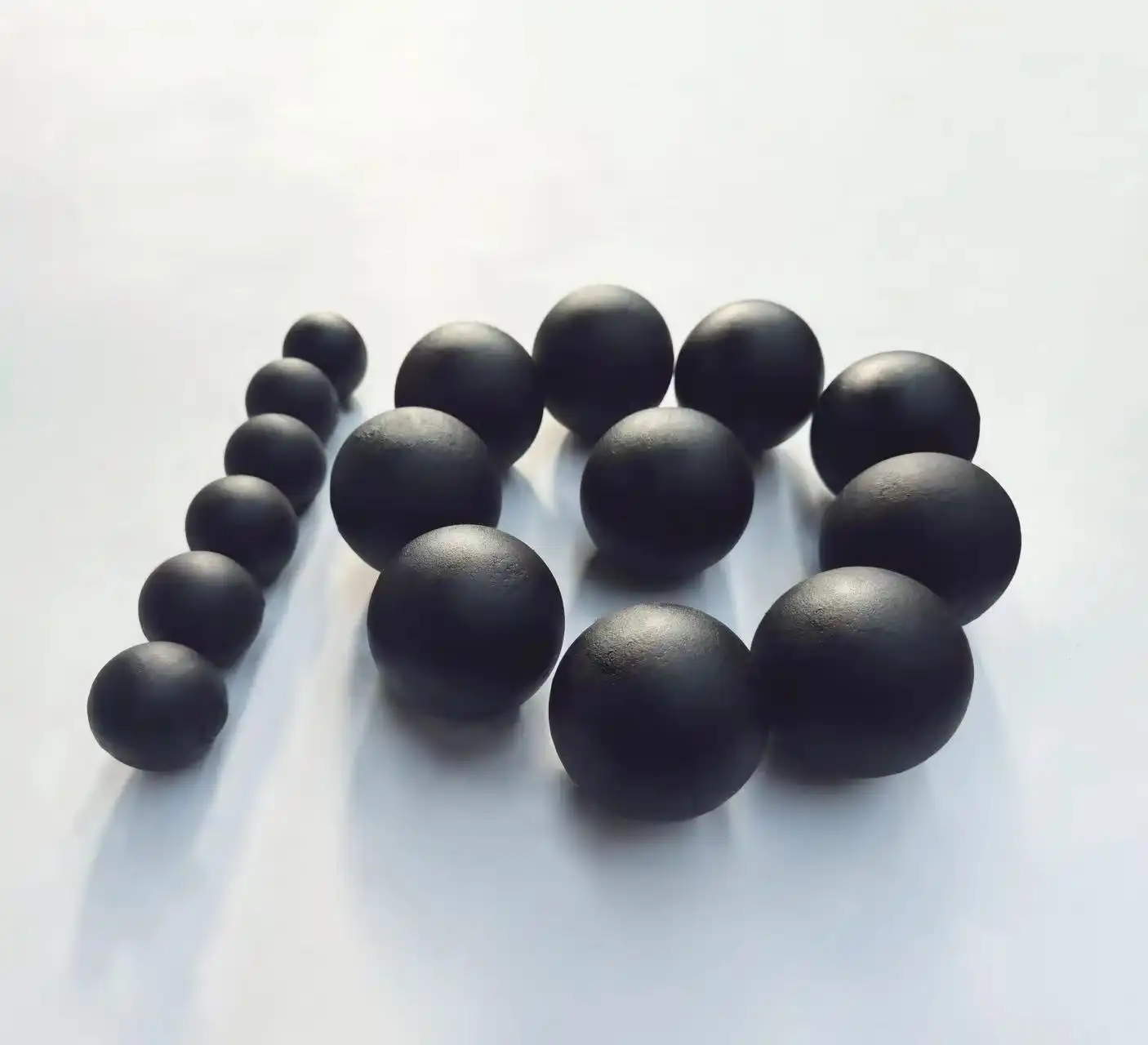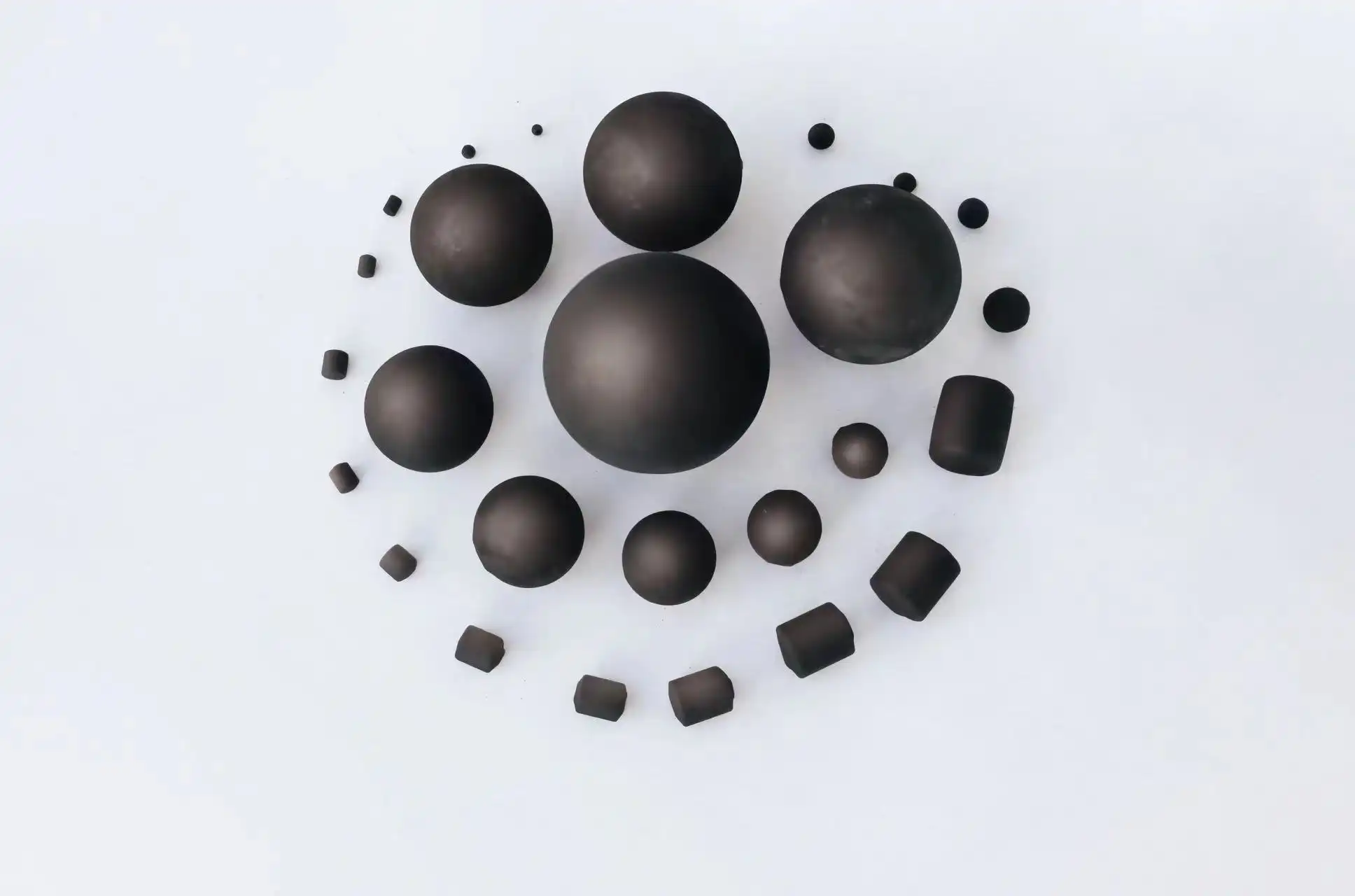What factors affect the performance and durability of casting alloy steel hammers?
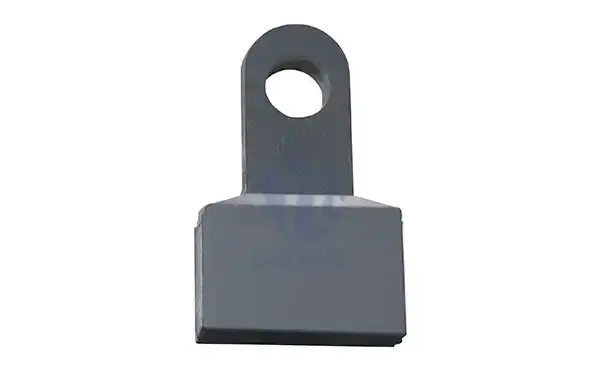
As a metallurgist deeply engaged in understanding the nuances of steel alloys, I've delved into the factors influencing the performance and durability of casting alloy steel hammers. In this comprehensive article, I'll dissect the key elements that impact the longevity and effectiveness of these essential tools.
The Significance of Grinding Ball Hardness
What Sets Grinding Cylpebs Apart from Other Grinding Media?
How does high chrome grinding media affect grinding efficiency?
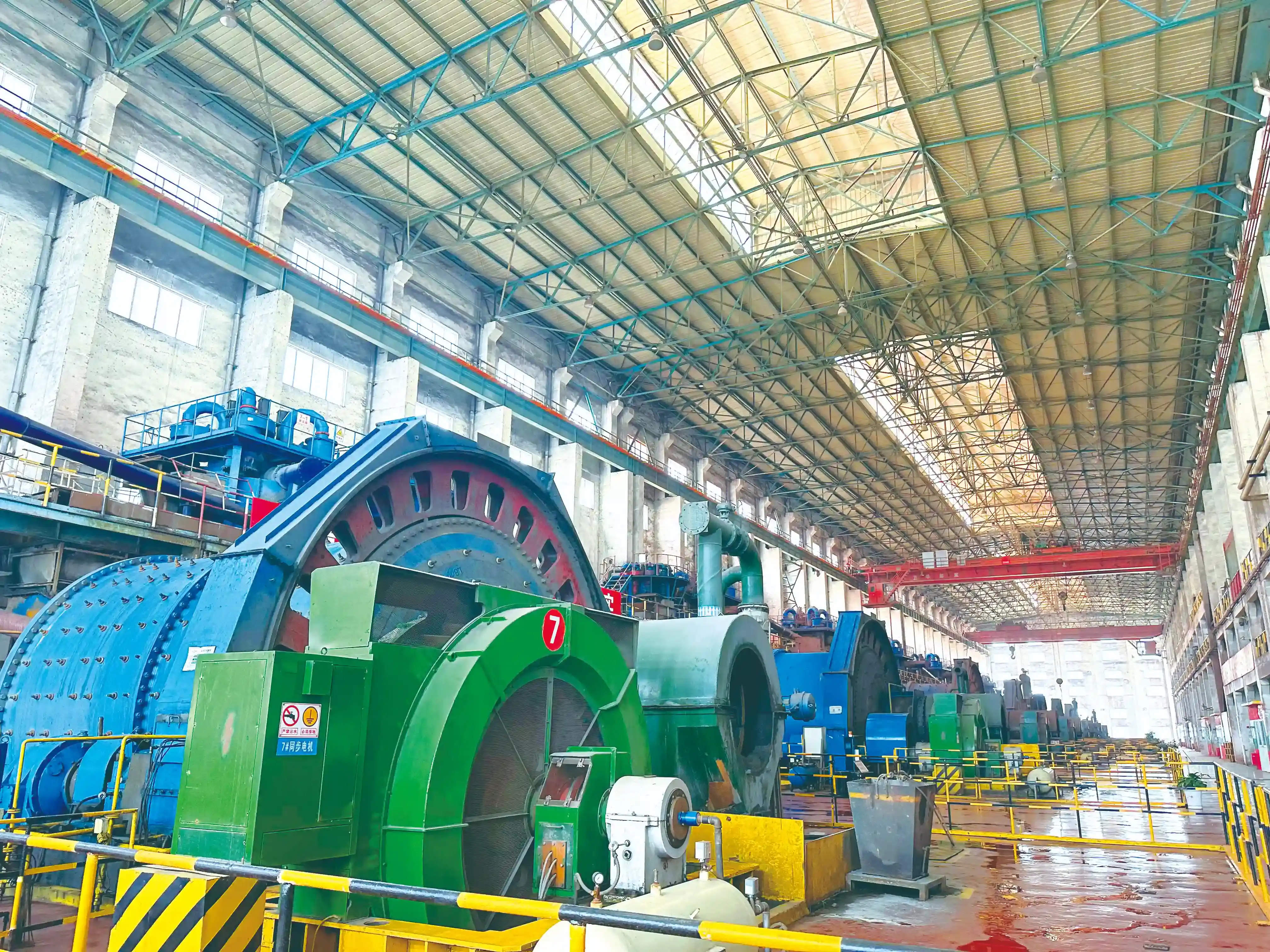
In the world of industrial grinding processes, the choice of grinding media plays a crucial role in determining the overall efficiency and effectiveness of the operation. High chrome grinding media, in particular, has gained significant attention due to its remarkable impact on grinding efficiency. This article delves into the intricacies of the product and explores its influence on the grinding process.
The Environmental Impact of Grinding Media
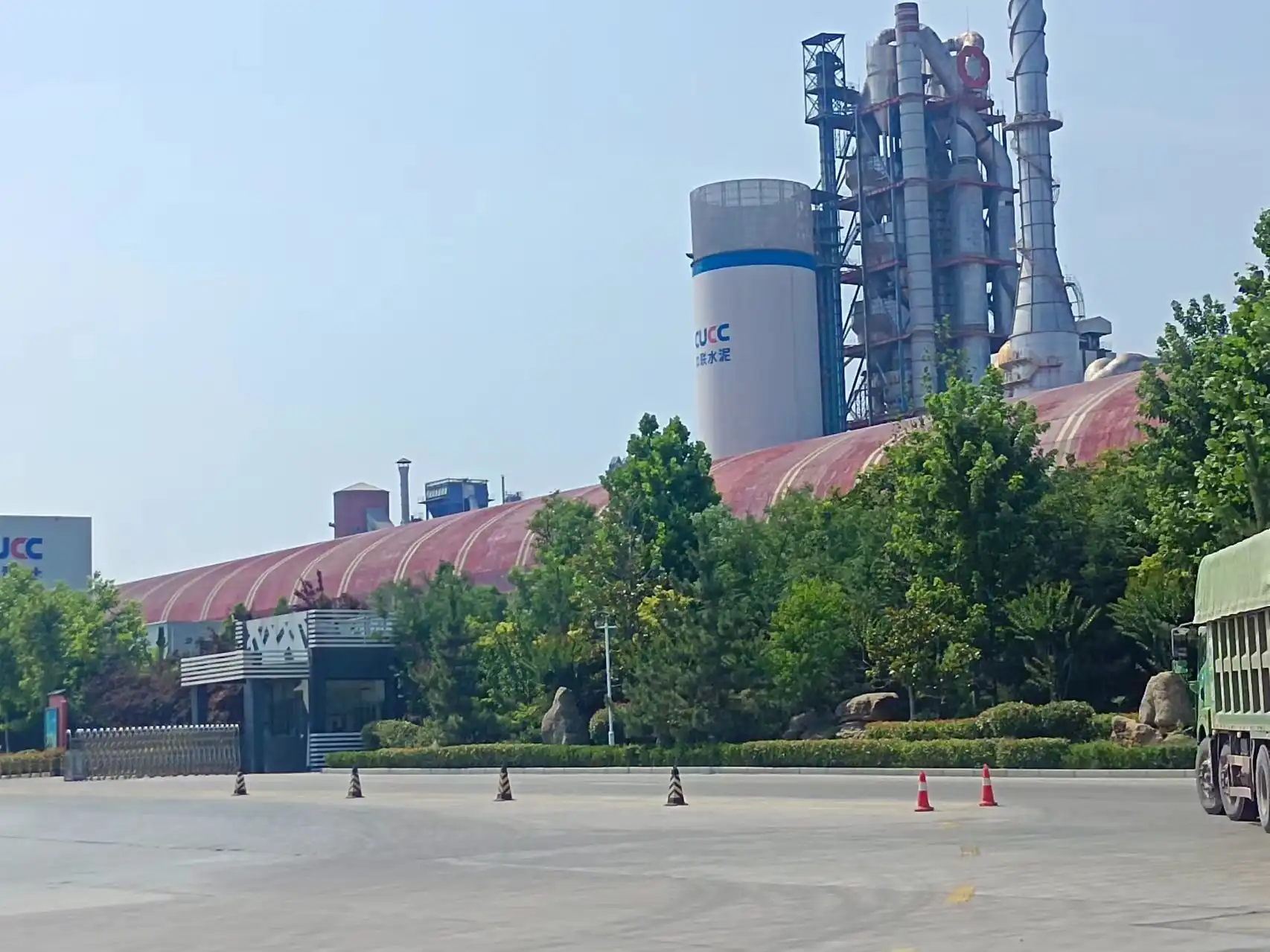
As industries continue to evolve, the focus on environmental sustainability has become increasingly important. In the world of manufacturing and materials processing, grinding media play a crucial role in various applications, from mining to cement production. However, their production and use can have significant environmental implications. This article explores the environmental impact of grinding media and the steps being taken to mitigate these effects.
How do grinding balls affect mineral liberation?
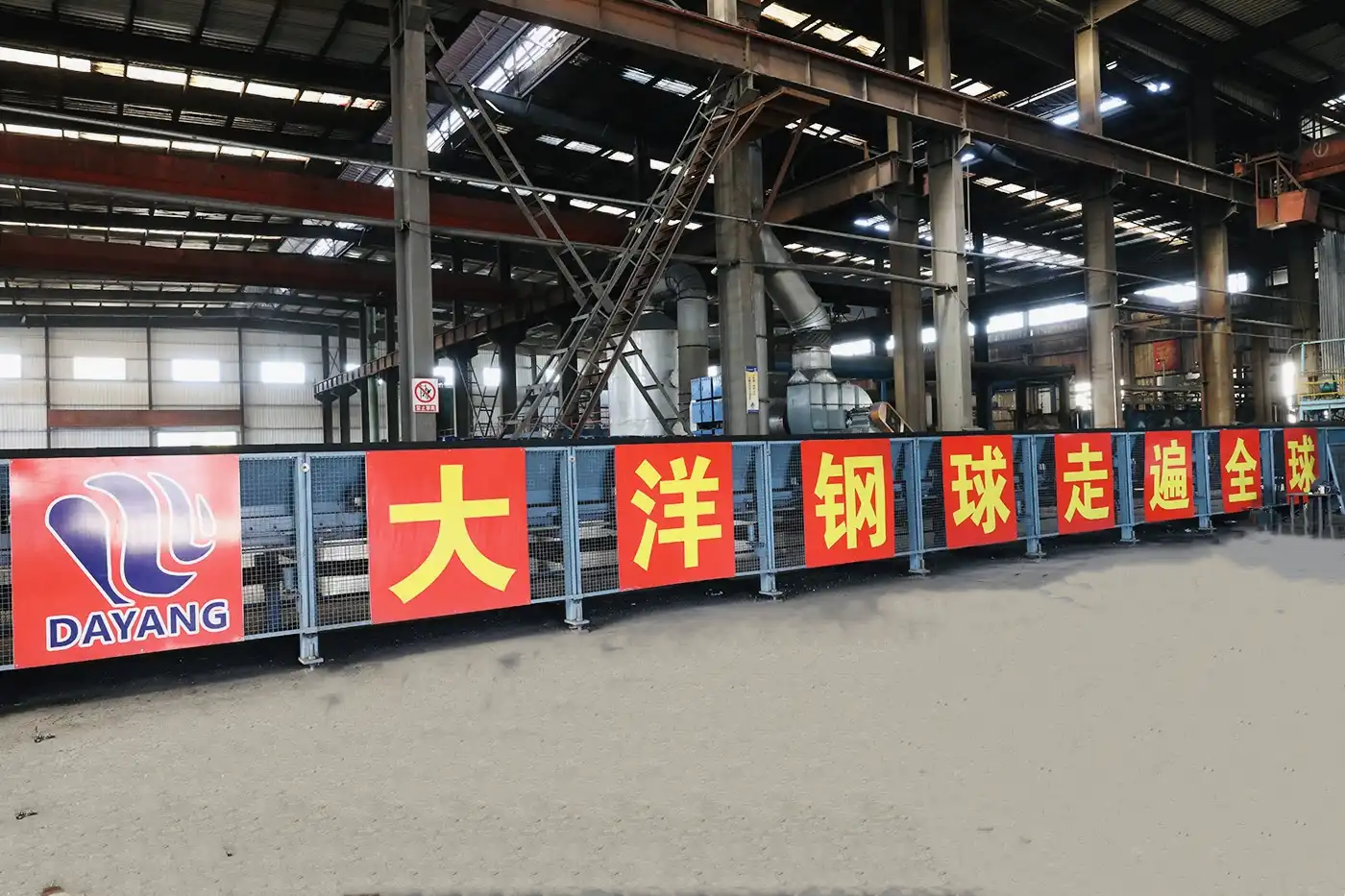
Grinding balls mining play a crucial role in mineral processing, particularly in the liberation of valuable minerals from their host rocks. At NINGHU, we specialize in manufacturing high-quality grinding balls that optimize mineral liberation processes. In this article, we'll explore the intricate relationship between grinding balls and mineral liberation, providing insights that can help improve your mining operations.
Wear Resistance of Cylpebs: Factors and Testing Methods

In the realm of industrial grinding, cylpebs grinding media have gained significant traction due to their superior performance and wear resistance. This article delves into the factors that contribute to the wear resistance of cylpebs and the methods used to test their durability. Understanding these aspects is crucial for industries relying on efficient grinding processes, such as mining, cement production, and thermal power generation.
What factors influence the wear rate of grinding media in ball mills?

The wear rate of grinding media is an important factor in operating efficiency and cost-effectiveness in the industrial grinding industry, especially in ball mills. If we want to maximize mill performance while decreasing maintenance expenses, we need to know what variables affect this wear rate. In this post, we'll look at the main factors that influence how long a product stays effective in ball mills.
How to Calculate the Optimal Charge of Cylpebs in a Mill
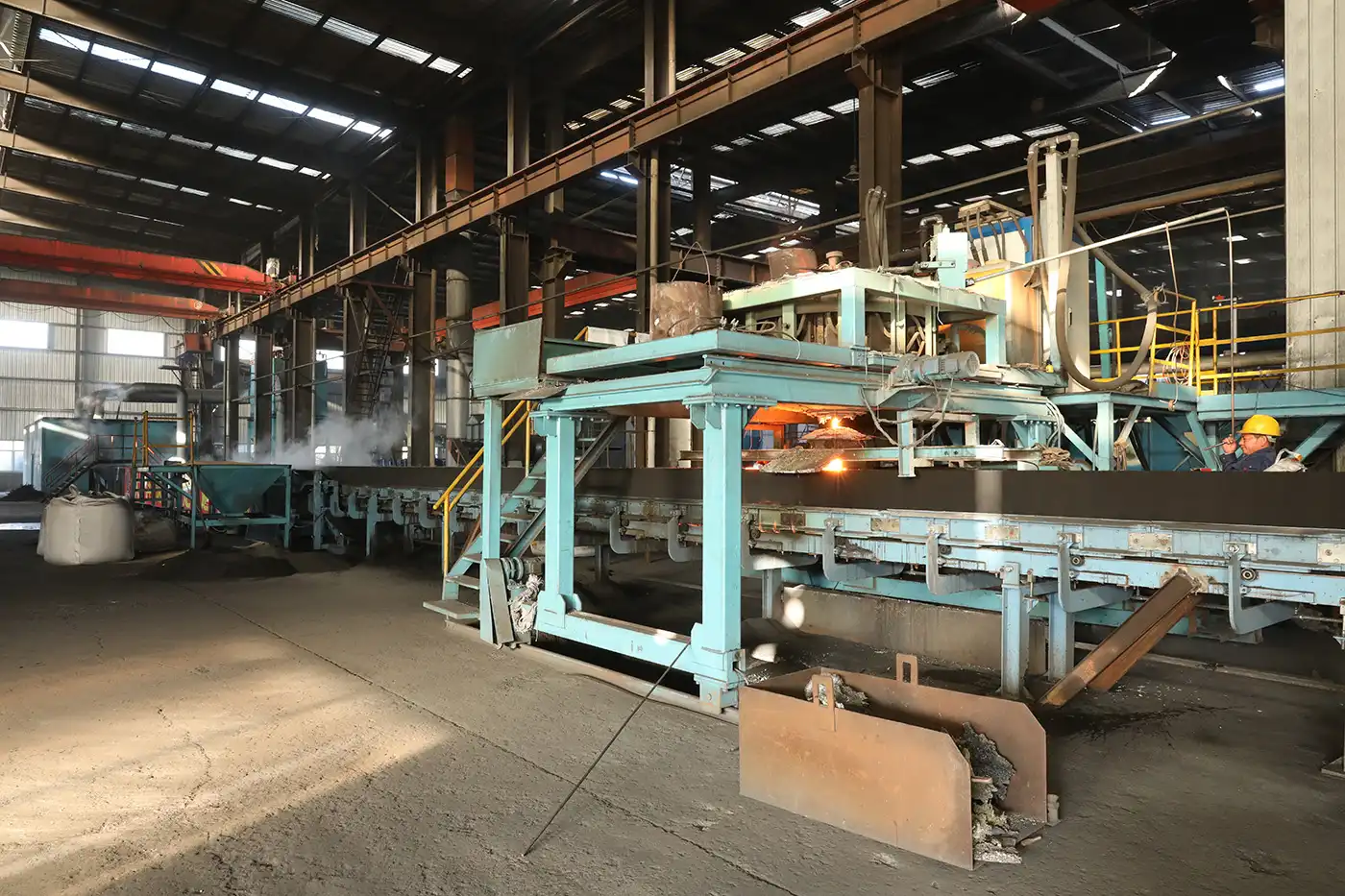
Optimizing the charge of cylpebs in a mill is crucial for achieving maximum grinding efficiency and productivity. This comprehensive guide will walk you through the process of calculating the ideal cylpebs load, helping you enhance your milling operations and reduce costs. Whether you're new to using cylpebs grinding media or looking to refine your existing processes, this article provides valuable insights and practical steps for optimization.
How does grinding ball density affect particle size?
.webp)
The complex connection between particle size and grinding ball density is of the utmost importance in the mineral processing and material refining industries. The significance of this relationship in optimising milling processes is acknowledged by NINGHU, a renowned maker of high-quality grinding balls for mining. Industries dependent on effective size reduction procedures may benefit greatly from the insights provided by this thorough guide, which explores the physics of how the density of grinding balls affects the final particle size.
What are common challenges in cement grinding?
Why Choose Cylpebs Grinding Media for Cement and Mining?

When it comes to making cement and handling minerals, the type of grinding media used can have a big effect on how well the process works and how well the finished product is. Cylpebs grinding media are a type of cylindrical grinding media that have become more famous recently because of the way they work and the unique qualities they have. This piece talks about the benefits of using cylpebs grinding media as grinding media in mining and cement settings, how they work with different types of minerals, and some common misunderstandings about their use.

